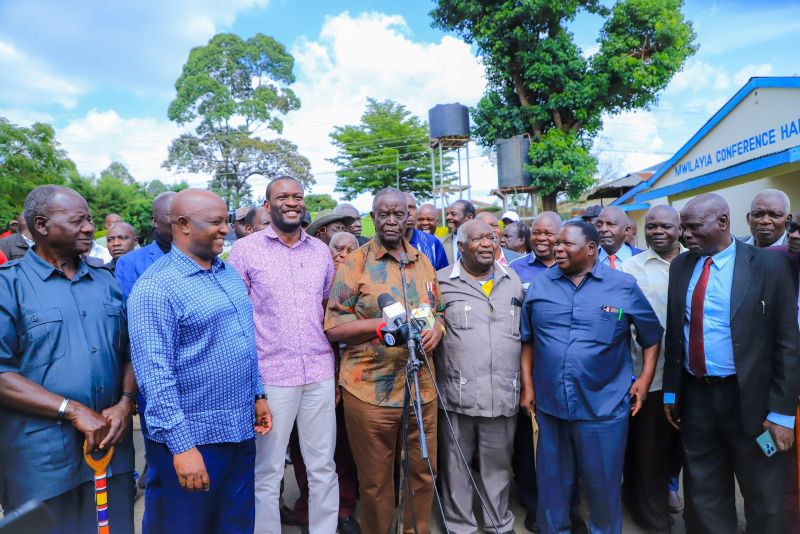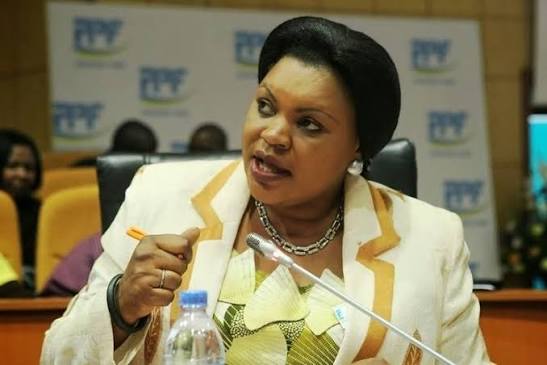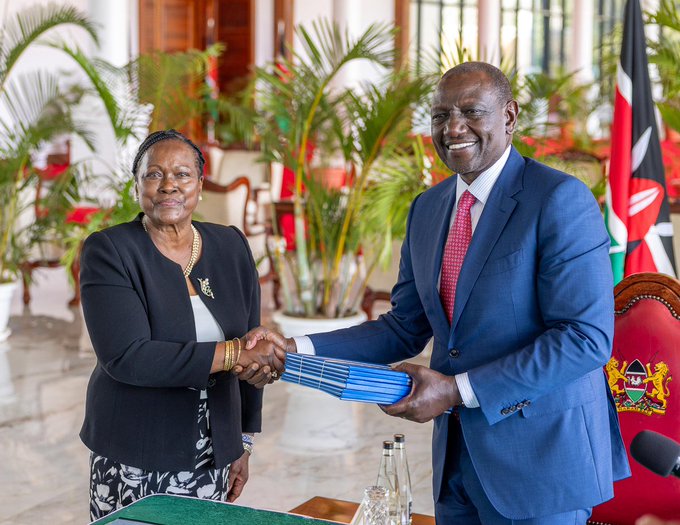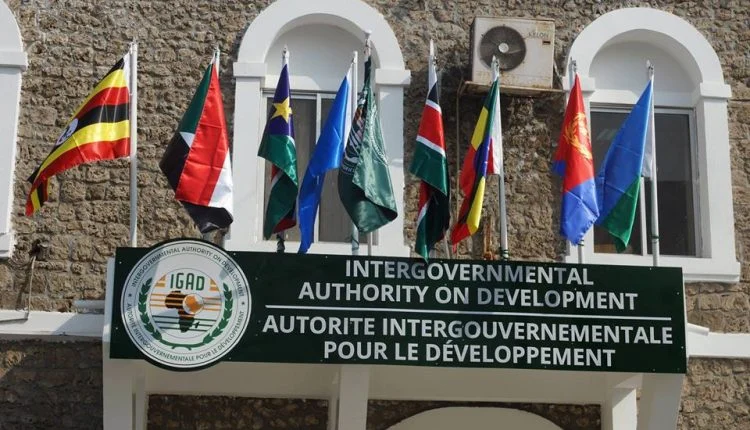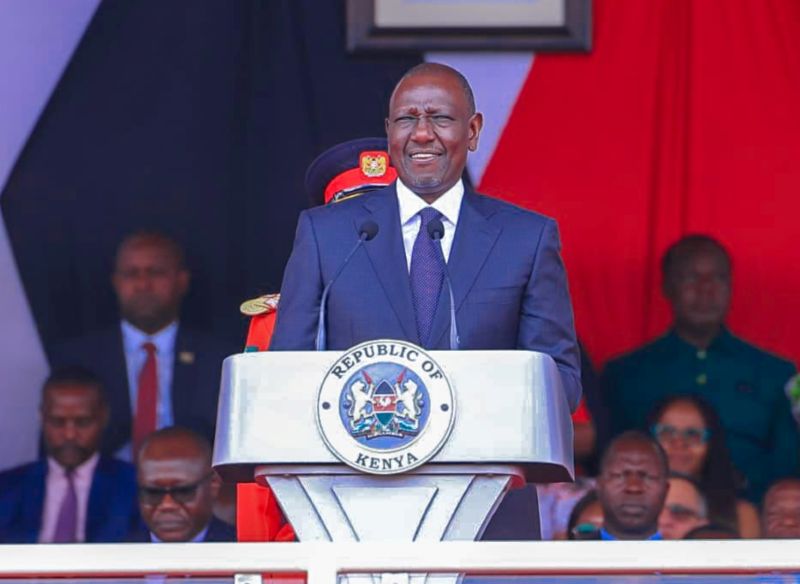Court gives IEBC seven days to respond in MPs’ recall petition case

In their suit, they contend that the IEBC’s refusal to process recall requests undermines Article 104 of the Constitution, which empowers voters to remove MPs before the end of their term. They claim the commission’s continued inaction not only infringes on their constitutional rights but also weakens public oversight over elected officials.
The Independent Electoral and Boundaries Commission (IEBC) has been granted seven days to respond to a petition in which six citizens have sued the commission for failing to process recall petitions against non-performing Members of Parliament.
Justice Chacha Mwita issued the directions, also granting the Attorney General and the National Assembly the same timeframe to file their responses.
More To Read
- High Court petition challenges IEBC’s role in legal profession elections
- IEBC warns low voter registration, apathy could undermine future elections
- IEBC warns boundary review may spark community, religious and class tensions
- Court to hear petition challenging eligibility of Embu North MP Leo Wa Muthende
- Voters challenge Mbeere North MP Wamuthende’s victory over electoral name discrepancy
- MPs demand SHA clears Sh10 billion in pending NHIF bills within three months
The six petitioners, Newton Mugambi Boore, Dennis Mwaki Chabari, Morris Mawira, Agnes Mwende Justus, Seth Mark Kinoti, and Christine Kanana Kithinji, argue that the IEBC’s inaction violates their constitutional right to hold elected leaders accountable. They want the High Court to compel the electoral body to accept and process such petitions using existing legal provisions and frameworks.
In their suit, they contend that the IEBC’s refusal to process recall requests undermines Article 104 of the Constitution, which empowers voters to remove MPs before the end of their term. They claim the commission’s continued inaction not only infringes on their constitutional rights but also weakens public oversight over elected officials.
The matter stems from a 2017 High Court judgment that declared sections of the Elections Act outlining the recall procedure for MPs unconstitutional, ruling that the provisions were too restrictive. Since then, the IEBC has maintained it cannot legally process any such recall efforts.
In a statement on July 30, the commission reiterated its support for the principle of recall but noted there is currently no valid legislation to facilitate the process for MPs.
“While the commission fully supports the electorate’s right to recall non-performing elected leaders, there is no enabling legal framework to guide the recall of MPs at present,” IEBC Chairperson Erastus Ethekon said.
Ethekon explained that the legal gap affects both National Assembly and Senate members, rendering them immune to public recall for now. The only existing valid framework is for the recall of Members of County Assemblies (MCAs), as provided under the County Governments Act.
Following the 2017 ruling, Parliament amended the County Governments Act in 2020 to establish a working mechanism for recalling MCAs. However, no corresponding legislation has been enacted to enable the recall of MPs, which the petitioners argue is a serious constitutional failure.
“Following the 2017 Katiba judgment, Parliament amended the County Governments Act, 2012, in 2020 to provide a workable recall mechanism for Members of County Assemblies (MCAs) but failed to enact corresponding legislation for MPs, creating a legal vacuum,” the petition states.
The petitioners further allege that Parliament, and particularly the National Assembly, has failed to fulfil its obligation under Article 104(2) to enact laws enabling the public to exercise the right to recall. They argue this legislative omission shields MPs from public scrutiny and violates several constitutional rights, including Article 1 on the sovereignty of the people, Article 27 on equality and freedom from discrimination, Article 38 on political rights, and Article 47 on fair administrative action.
They also maintain that Article 104(1) is self-executing and therefore does not require additional legislation to be operational.
“The petitioner contends that the 1st respondent’s (IEBC’s) position violates the Constitution by failing to facilitate the electorate’s sovereign right to recall MPs,” the suit reads.
The petitioners are asking the court to declare that the IEBC has a constitutional duty to receive and process recall petitions against MPs using the remaining provisions of the Elections Act, as well as the model applied to MCAs under the County Governments Act.
“A declaration that the right to recall under Article 104(1) is a self-executing constitutional right that does not require enabling legislation to be exercised, and that the 1st respondent has a duty to facilitate its exercise,” the petition adds.
Top Stories Today





